- 3Shares
- 6 Non-Dairy Foods High in Calcium
- 1. Power-Packed Sesame Seeds
- 2. Delicious Dried FigsÂ
- 3. Crunchy Lilâ AlmondsÂ
- 4. The Cabbage Family
- 5. Nutritious SoyÂ
- 6. Different Kinds of Beans
Calcium is popular for building and maintaining strong bones and teeth. But this mineral is also vital for other body functions – it helps your body contract muscles and carry out nerve impulses, it supports blood clotting, and also enables your heart to beat consistently. So it pretty much goes without saying that we all need to eat plenty of foods high in calcium regularly. But how much is enough? And what non-dairy options do you have? Let’s find out…
Daily Recommended Calcium Amounts
- Adults in general need 1,000 mg.
- Pregnant and lactating women need 1,500 mg.
- People above the age of 50 need 1,200 mg.
- Children from the age of 9 to 13 require 1,300 mg.
6 Non-Dairy Foods High in Calcium
1. Power-Packed Sesame Seeds
Sesame seeds, a valued Ayurvedic food, are among the lesser-known foods high in calcium. These nutty little seeds contain 97% of the recommended calcium amount. Merely a tablespoon of hulled sesame seeds gives you around 85 mg of calcium. You can easily incorporate sesame seed butter (absolutely yum!) into your diet. Or simply add raw seeds to your soups, salads, and curries.
2. Delicious Dried Figs
Did you know that dried figs are also calcium rich foods for bones? A cup of these sweet fruits has around 240 mg of calcium to help maintain a robust skeletal structure. We love dried figs because they’re super-easy to carry anywhere, and you can enjoy them as a dessert. And they’ve got two vital electrolytes apart from calcium – potassium and magnesium.
3. Crunchy Lil’ Almonds
Almonds are the best sources of calcium among nuts – one cup gives you a little less than 460 mg. It’s super easy to carry them to work and simply munch on them during the day. Or you could sprinkle them into your breakfast every morning for an added punch of goodness. Ayurvedic experts advise soaking them in water for added health benefits. This is especially important for those with excess Pitta (heat).
4. The Cabbage Family
Vegetables in the cabbage family like cabbage, bok choy (Chinese cabbage), broccoli, kale, collard greens, and turnip greens are excellent natural sources of calcium for vegans. You can cook them in many different ways as well as add them to salads. And they’re loaded with other nutrients like folate, vitamin C, and soluble fibre.
5. Nutritious Soy
Next up, soy, popular among those who cannot or choose to not consume dairy. Fortified soy products like tofu and soy milk can help you reach half of your daily requirements. Good old soy beans themselves offer 200 mg in just a cup – now, that’s a whole lot of calcium. Roasted soy nuts are better, since the process of roasting increases their ability to be absorbed by your body. Just a cup of the roasted nuts contains around 240 mg!
6. Different Kinds of Beans
Health experts reckon that beans boost the nutritive value of vegetarian diets. One of the reasons is that beans help vegans and vegetarians help meet their daily calcium requirements. Winged beans, chickpeas, mung beans, and red kidney beans all have more than 240 mg of calcium per cup. That’s quite impressive. Legumes are pretty good sources of calcium too.
Important Diet Advice:
Sometimes, you may eat calcium rich fruits and vegetables, but your body may not absorb it. That’s because consuming certain kinds of food can hinder the absorption as well as reduce the amounts within you.
So along with eating foods high in calcium, avoid:
- Excess salt
- Carbonated drinks
- Alcohol
- 3 or more cups of coffee a day
- Processed meat
- Fast food
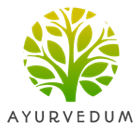
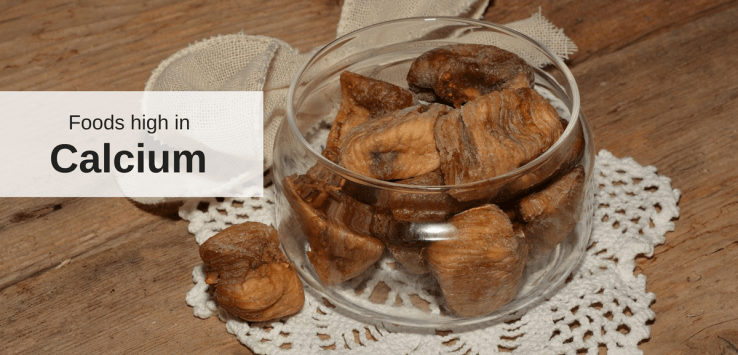
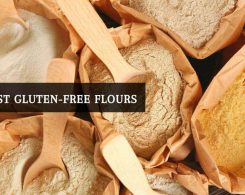
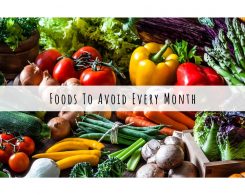
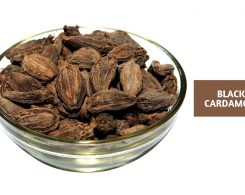
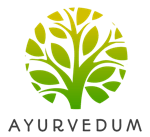
Leave a reply